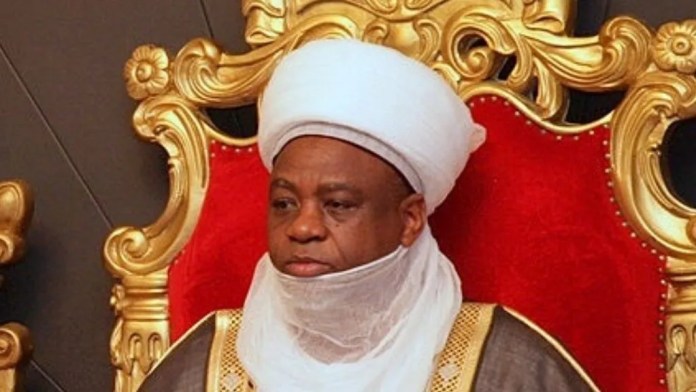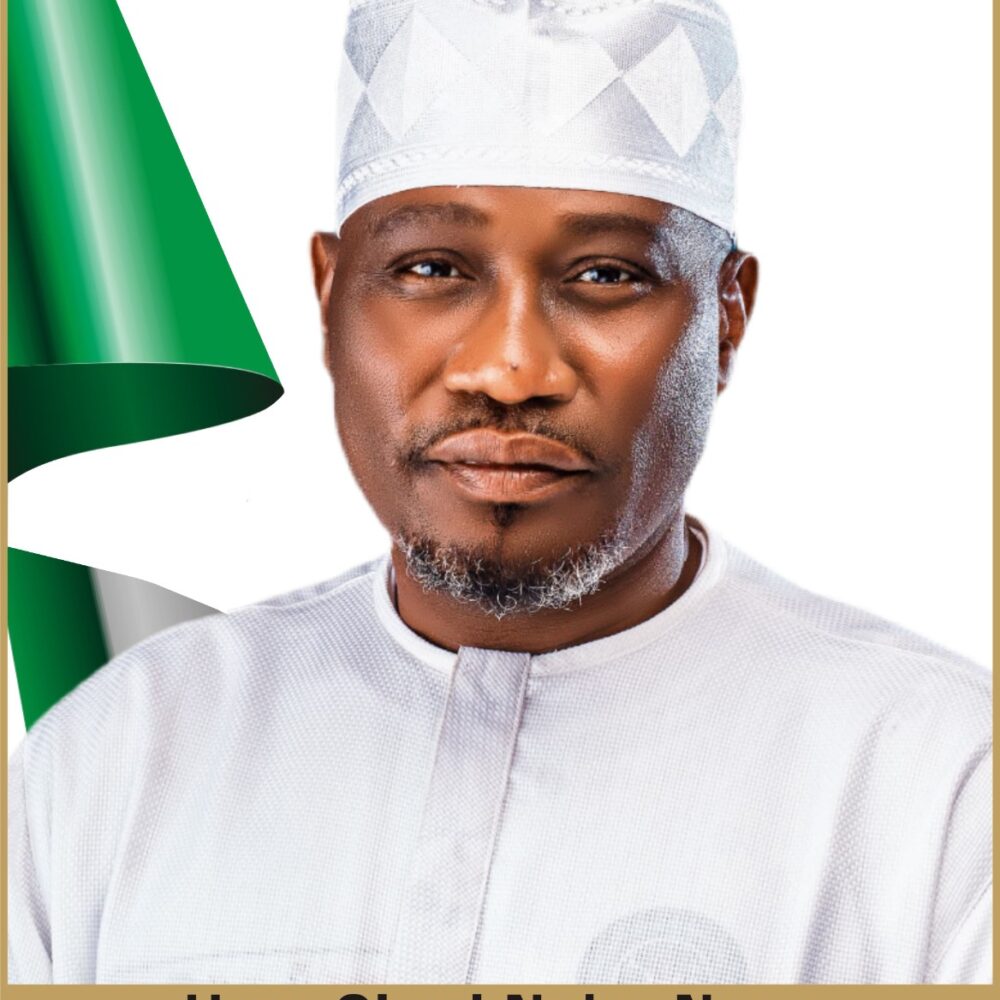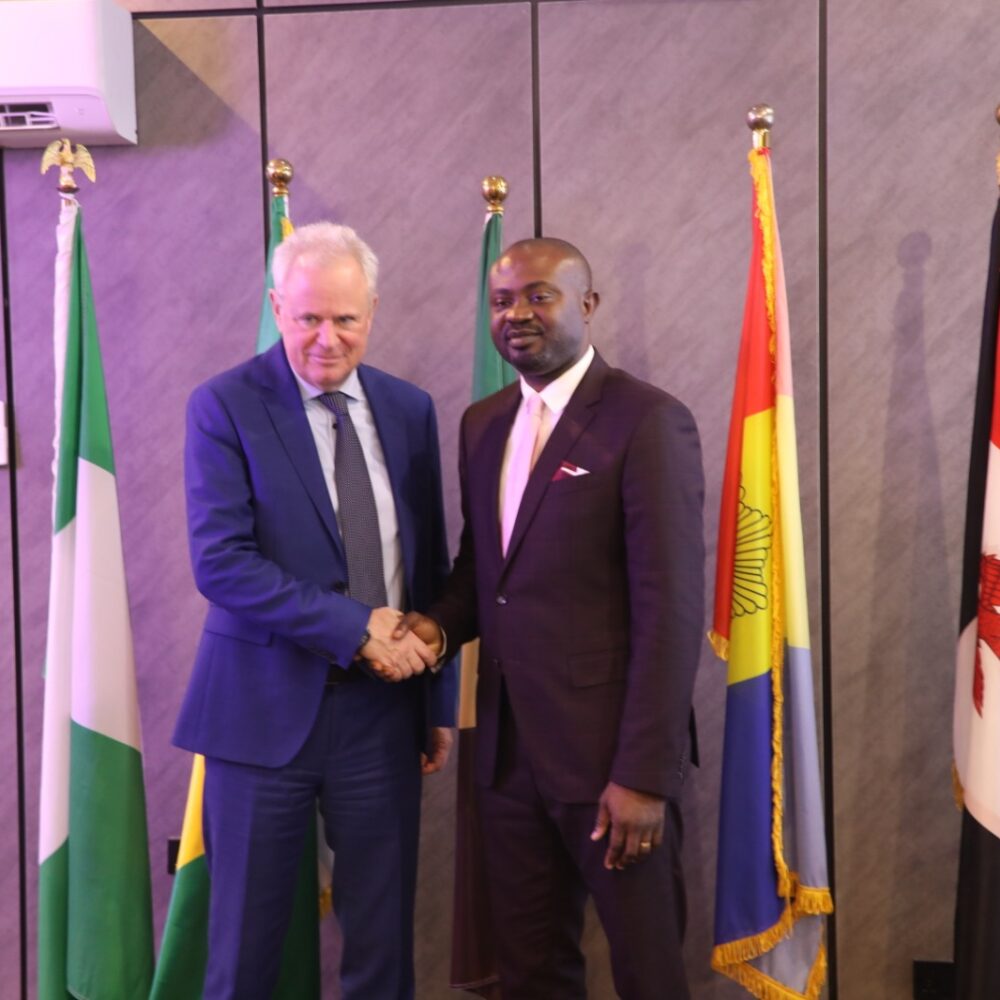The National Human Rights Commission (NHRC) has advocated for the domestication of African Commission Protocol, particularly Article 34 (6) which granted individuals the right to directly petition the African Human Rights Body .
The Chairperson of the Governing Board of the NHRC, Dr. Salamatu Hussaini Suleiman who stated this in her opening statement in Abuja at the Town Hall on the “Future of Litigating Human Rights in Nigeria” in commemoration of the International Human Rights Day observed that non-domestication of the Protocol has resulted in restricted access to international justice, denial of individuals the right to directly petition the African Commission, and discouraging human rights organization from pursuing international remedies.
Similar, the Chairperson decried the non-justiciability of Chapter 2 of the Constitution despite outlining the fundamental socio-economic rights, including the right to education, healthcare, housing, and work.
According to her, these rights are currently not directly enforceable in court , thereby creating a major hurdle for individuals seeking redress for violations.
“The impact of the challenge includes limited access to justice, reduced accountability, discouragement of activism, undermining international commitments and erosion of public trust”, she added.
She therefore called on the relevant stakeholders like the judiciary, the National Assembly as well as Civil Society Organizations to work together to address the said issues so as to improve on the enjoyment of human rights in the Country.
Earlier in his welcome statement, the Executive Secretary of the NHRC, Dr. Tony Ojukwu said that can’t be a better collaboration without the Nigerian Bar Association, Human Rights Agenda Network, and Civil Society Organizations, stated that the synergy became necessary in litigation complaints of human rights violations.
The learned Silk stated that the Town Hall as well as a series of human rights activities and programmes focusing on Business and Human rights, Civil Military Relations etc. will culminate in drawing up a Human Rights Agenda of Nigeria.
In his remarks, the UN Resident and Humanitarian Coordinator, Mr. Mathias Schmale stated that judicial remedies for human rights violations is critical in attaining a just and egalitarian society that enables the full enjoyment of human rights.
The UN Envoy reechoed the relevance of Article 8 of the Universal Declaration Human Rights (UDHR) which guaranteed that “Everyone has the right to an effective remedy by the competent national tribunals for acts violating the fundamental rights granted him by the Constitution or by law”.
During a panel session at the event titled,”New Pathways for Effective Human Rights Enforcement Mechanisms in Nigeria “, chaired by Chinonye Obiagwu (SAN) several representatives of the NBA from various branches across the nation spoke on the way forward concerning effective human rights enforcement in the Country.
Highlight of the occasion was the unveiling of UDHR commemorative Board which contained the Articles of the first ever universal Human Rights Instruments.
The theme of this year’s celebration of the International Human Rights Day is “Dignity, Freedom and Justice”.
Other speakers at the occasion include: Prof. Adedeji Adekunle (SAN), Sadiya Bahjatu Saleh Esq. Chairperson, NBA Human Rights Committee, Bauchi, Lawrence Ojo-Gabriel Esq. Chairman NBA Body of Vice Chairmen and Vice Chairman, NBA Garki branch and Maxwell Oparah.
Other participants at the events were Member Governing Council of the NHRC, Mr. Azubuike Nwakenta, the Director Legal Aid Council of Nigeria(represented), and representatives from various Civil Society Organizations.





